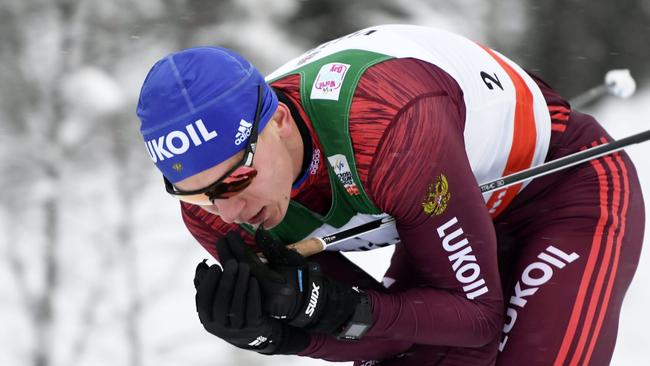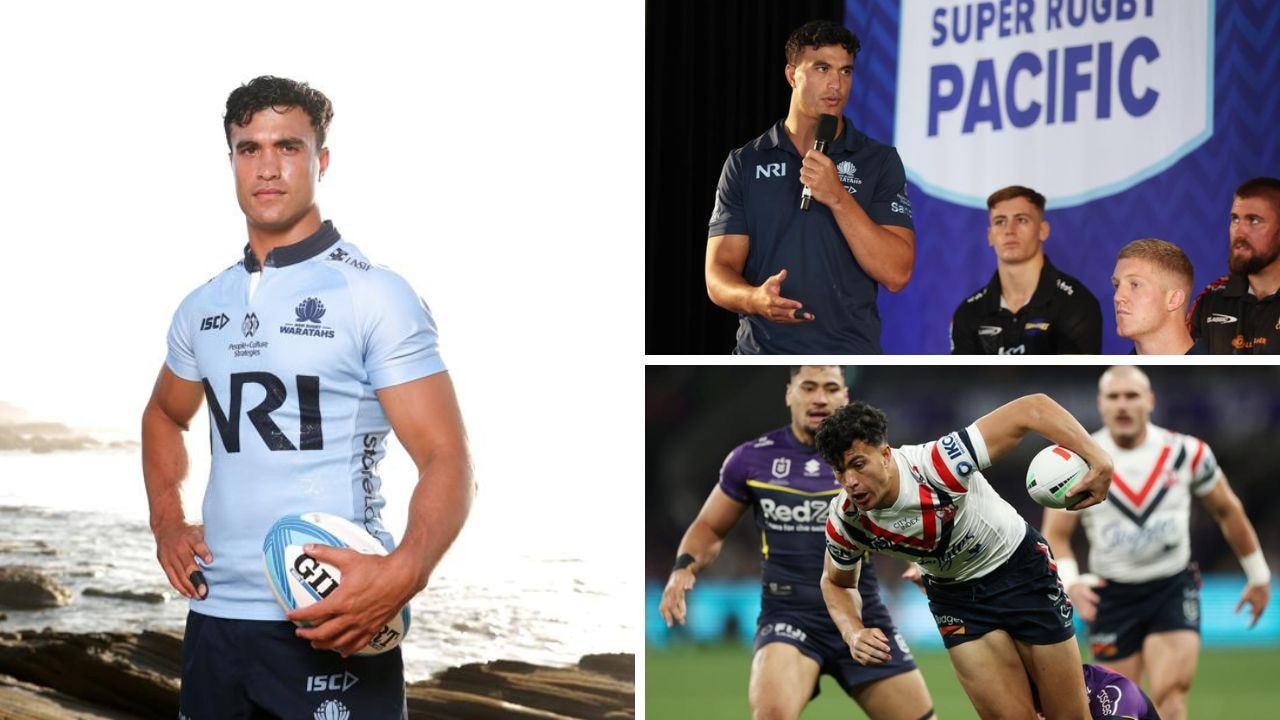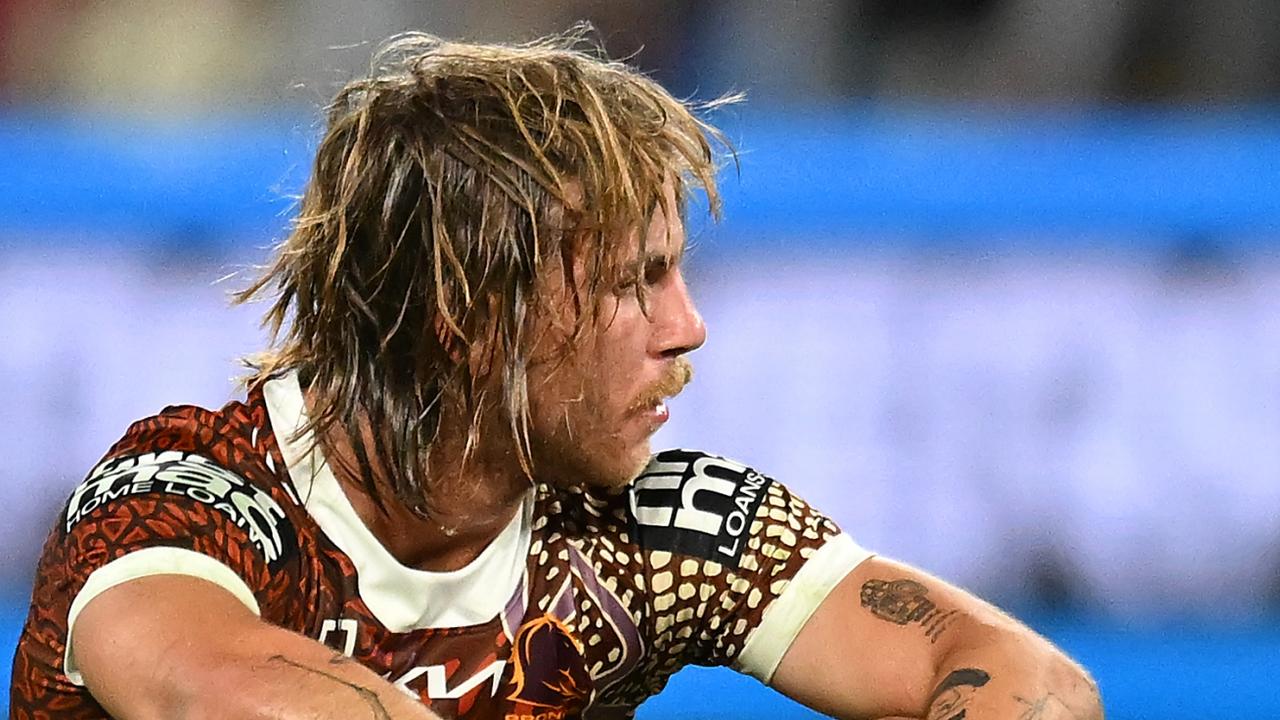IOC bans Russia from 2018 Winter Olympics
The IOC bans Russia from competing in the 2018 Winter Olympics, and bans for life the country’s top two sports ministers.

Russia has been officially banned from competing in February’s PyeongChang Winter Olympics, and the country’s top two sports ministers banned for life, but approved “clean’’ athletes will be allowed to participate under a neutral Olympic flag, the International Olympic Committee has ruled.
IOC president Thomas Bach resisted global calls for a harsher blanket ban of all Russian athletes, instead publicly castigating the brazen urine swapping and false negative test results from the Russian laboratories during the Sochi Olympics four years ago. Mr Bach has a strong personal relationship with Russian president Vladimir Putin: Mr Putin was even the first to ring and congratulate Mr Bach when he was elected IOC president back in 2013. The IOC executive board was mindful of not embarrassing Russia to the point of open hostility lest it prompt Mr Putin to implement a boycott of the Games.
Mr Bach said this morning: “This was an unprecedented attack on the integrity of the Olympic Games and sport. The IOC executive board has issued proportional sanctions for this systemic manipulation while protecting the clean athletes.’’
The IOC announced several tough measures, including suspending the Russian Olympic Committee (ROC) with immediate effect and excluding the Russian minister for Sport Vitaly Mutko and deputy Yuri Nagornykh from all future Olympic Games. The IOC also suspended the president of the Russian Olympic Committee Alexander Zhukov as an IOC member and fined the Russians US$15 million, which will help contribute to an Independent Testing Authority.
The IOC said invited Russian athletes would be allowed to compete in PyeongChang under “strict conditions’’ and they will be known as “Olympic Athlete from Russia (OAR)”.
As part of the Sochi doping conspiracy, 25 Russians have been sanctioned and more are expected. The Australian has learned several female Russian competitors have returned male DNA in the re-testing of drug samples and will face further investigation in the coming weeks.
But the IOC action is meant to draw a line in the sand after PyeongChang as the IOC indicated Russia - which will host the FIFA world cup tournament next year - is to be brought back from the wilderness and cosseted once again within the Olympic Family.
Mr Bach said: ‘’this should draw a line under this damaging episode and serve as a catalyst for a more effective anti-doping system led by the World Anti Doping Agency’’.
The scandal erupted in May 2016 when the former head of the Moscow anti-doping laboratory Grigory Rodchenkov, in exile in the United States, revealed orchestrated cheating involving Russia’s top athletes, the Russian government and its FSB Security service. He unveiled a corrupt system of swapping dirty urine for drug free urine and incredibly detailed how officials tampered with Russian samples from the Olympics by swapping them in the middle of the night through a mouse hole drilled in the Olympic testing facility.
The revelations and immediate investigation by the World Anti Doping agency came to a head just before the Rio 2016 Olympics. But at the time the IOC was heavily criticised for sidelining a decision to ban Russia, and the Olympic body shifted responsibility to the international federations to determine if Russians should compete at the Games.
Hours before the IOC decision, the IOC medical chief Dr Richard Budgett confirmed Russian athletes have been tested more than any other nation in the lead up to the Pyeongchang Games, which start in February, as confidence has been rocked about Russian athletes . Mr Zhukov had argued the Russian case for leniency before the IOC executive board here in Lausanne and their pleading included one of Russia’s potential olympic medallists, the two-time world champion figure skater Evgenia Medvedeva.
While this was happening, Dr Budgett told a press conference: “Russian athletes have been tested more than any other country by a considerable margin. Russian athletes are being particularly emphasised by the pre-games testing taskforce’’.
He added that Russian athletes on a long list beyond the top 20 in each sport who may ultimately qualify for the Winter Olympics were also being tested.
He said the testing requirements had been issued to international federations and also to the Russian anti-doping agency, RUSADA.
“That (requirement) hasn’t been issued to other country’s athletes,’’ Dr Budgett said.
Australian 2018 Winter Olympics chef de mission Ian Chesterman said the IOC’s decisions were appropriate and considered, punishing those involved in blatant cheating and systematic manipulation.
“The culprits, the corrupt, have been dealt with,’’ Mr Chesterman said.
“The offending athletes from Sochi have been banned for life from the Olympic Games, and Russia, the host nation and custodian of the Games for that period, has been directly punished.
“Russia, and all involved with Sochi 2014, had a responsibility to nurture the Olympic Games and respect the athletes competing by providing a fair competition. ‘’Clearly, across so many levels that trust was abused, so it is right that the individuals, organisations and country who failed to meet their obligations be held to account.’’




